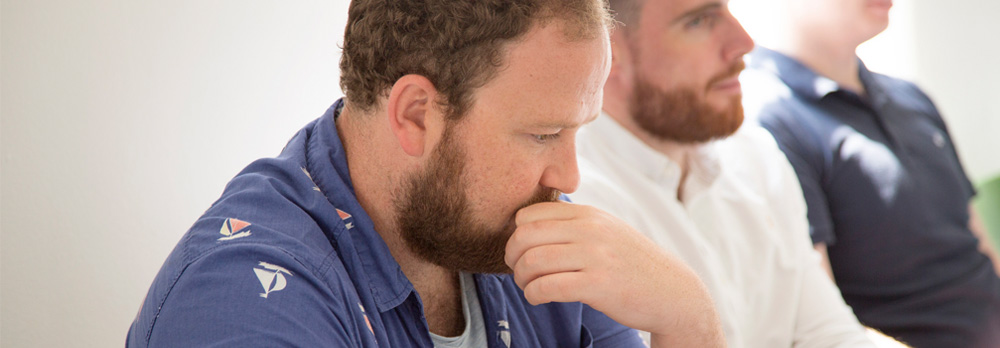
Does Social Media Make Us Happier?
12 September 2012, Gwyneth March
 My teenage son had over 500 Facebook friends, but in the whole summer holidays only two human beings actually visited him. Many of his relationships appear to be completely virtual, a few conducted over his headset or on Skype, but most only online. Paradoxically, the endless opportunities to connect can lead to less face time.
My teenage son had over 500 Facebook friends, but in the whole summer holidays only two human beings actually visited him. Many of his relationships appear to be completely virtual, a few conducted over his headset or on Skype, but most only online. Paradoxically, the endless opportunities to connect can lead to less face time.
Connected – Generation C
Is this the way forward for Generation C? – the people who have never known a world without the Internet and handsets. (That sure makes me feel old – I can remember a world before colour telly and cash machines!).
Are these 500 actually ‘friends’? Research which looked at mutual tagging suggested that the real number of close friends averages six, suggesting that social media has not really expanded the number of people whom you could ring when drunk and be forgiven. In the Edwardian novel Howard’s End, one character comments savagely about London society: “The more people one knows the easier it becomes to replace them.” Ironically the theme of the novel is ‘Only connect’ – but it urges us not to do so in a shallow way.
Connected communities = more sociable
But a famous study of a new Toronto housing estate in 2003 – where 60% had broadband and 40% did not – actually found that the group who used the Internet were much more sociable: knowing names of neighbours, visiting their homes, ringing them, and (hilariously) forming a pressure group against the builders. This is often held up as evidence that the Internet has connected communities – but it may also just prove that people who decided to connect were naturally more outgoing.
Has social media made us happier? After all, analysis reported in Connected had suggested that a person is 15% more likely to be happy if connected to a happy person. And if you have hundreds of friends you are chatting to online, some of them must be happy, surely?
Facebook’s effect on our happiness
But various learned research projects from top universities like Stanford have suggested that Facebook actually makes us more lonely, isolated and depressed. As Gore Vidal said: “Whenever a friend succeeds, a little something in me dies.”
Utah Valley University found that looking at Facebook pictures gave a false impression of how much better others’ lives were; and that people who made more face to face connections had a more balanced view.
Shawn Achor’s The Happiness Advantage reports that studies show strong social relationships are key to happiness so I think Generation C will be like the rest of us – needing close human contact. For those of us in management roles Lynda Gratton of the London Business School advises “In a world that will become increasingly virtual, creating supportive relationships to help navigate through life, keep overworked employees feeling great…will be key.”
My son recently edited down his Facebook list to 77 people because “these are people I actually know.” And on Saturday he met a girl from his class he had communicated with all summer via Facebook. They then spent the afternoon on his laptop, but hey, it felt like progress had been made in using social media to help connect for real.
See more articles from Social Media


